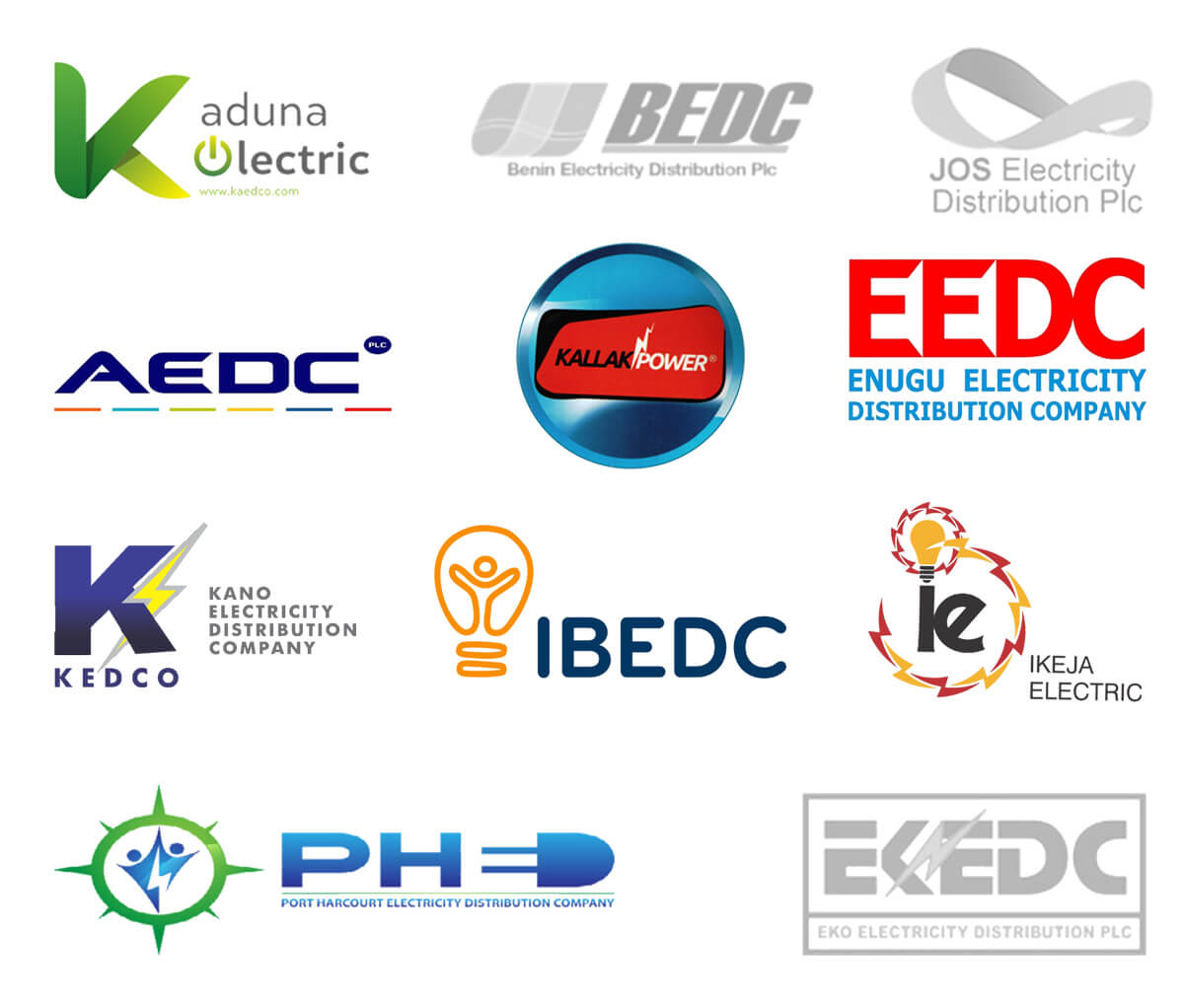The Nigerian Electricity Regulatory Commission (NERC) has implemented a significant increase in electricity tariffs for Band A customers, sparking concerns about affordability and potential economic strain.
Previously, Band A customers, categorized as those receiving an average daily supply of at least 20 hours, enjoyed a subsidized rate of N68 per kilowatt-hour (kWh). However, under the new directive, the cost for this category jumps to N225/kWh, representing a staggering 231% increase.
While the move aims to improve revenue generation for electricity distribution companies (DisCos) and potentially incentivize investment in the power sector, the impact on consumers is undeniable. This price hike effectively eliminates the federal government’s subsidy for high-consumption customers.
Impact on Consumers and Businesses:
Analysts predict the new tariff will disproportionately affect businesses and households that rely heavily on electricity.
- Businesses: Manufacturing, hospitality, and service sectors with high energy demands could face increased production costs, potentially leading to price hikes for consumers or reduced profit margins.
- Households: High-income families with larger homes and extensive appliance usage will likely feel the financial strain most acutely. However, even middle-class households may struggle with the significant jump in electricity bills, potentially forcing them to reduce consumption or prioritize other essential expenses.
Uncertainties and Potential Solutions:
The long-term consequences of this tariff increase remain to be seen. Concerns include:
- Impact on inflation: Rising electricity costs could fuel inflation across various sectors, further straining household budgets.
- Investment in renewables: The effectiveness of the NERC’s strategy in attracting investment towards renewable energy sources and improving grid infrastructure is uncertain.
Looking Forward:
The NERC’s decision is likely to generate significant debate. While some may view it as a necessary step towards a more sustainable power sector, others will undoubtedly question its impact on affordability and economic growth.
The success of this policy will hinge on several factors:
- Transparency from DisCos: Clear communication regarding service improvements and justification for the tariff increase will be crucial in managing public perception.
- Government intervention: Potential measures to mitigate the impact on vulnerable households and small businesses could be explored.
- Investment in renewable energy: Efforts to diversify the energy mix and improve grid efficiency will be critical in ensuring long-term energy security and affordability.
The coming months will likely reveal the true extent of the impact of this tariff hike on Nigerian consumers and the broader economy.

